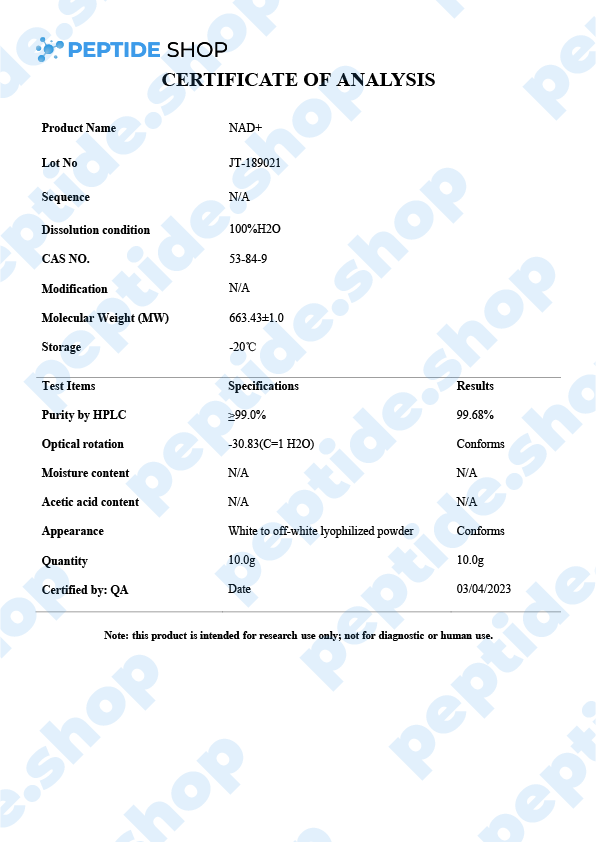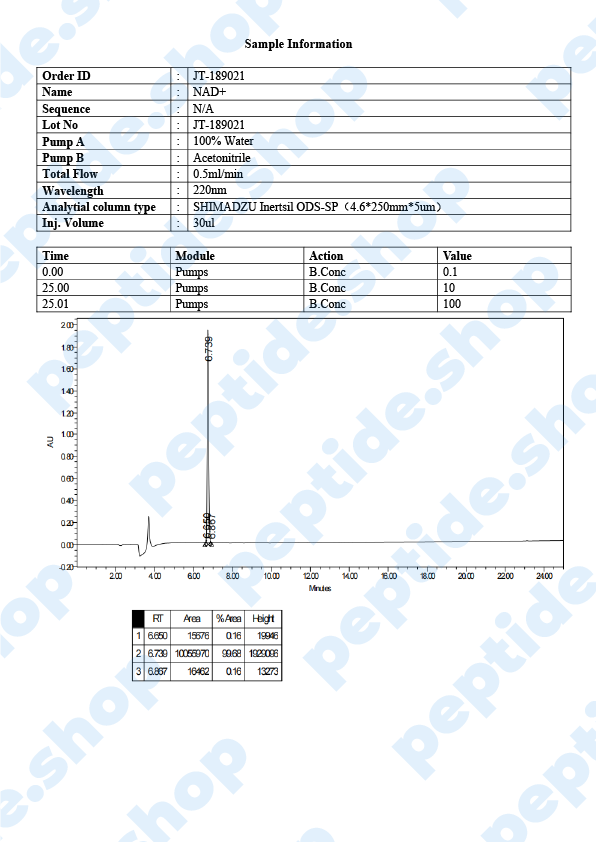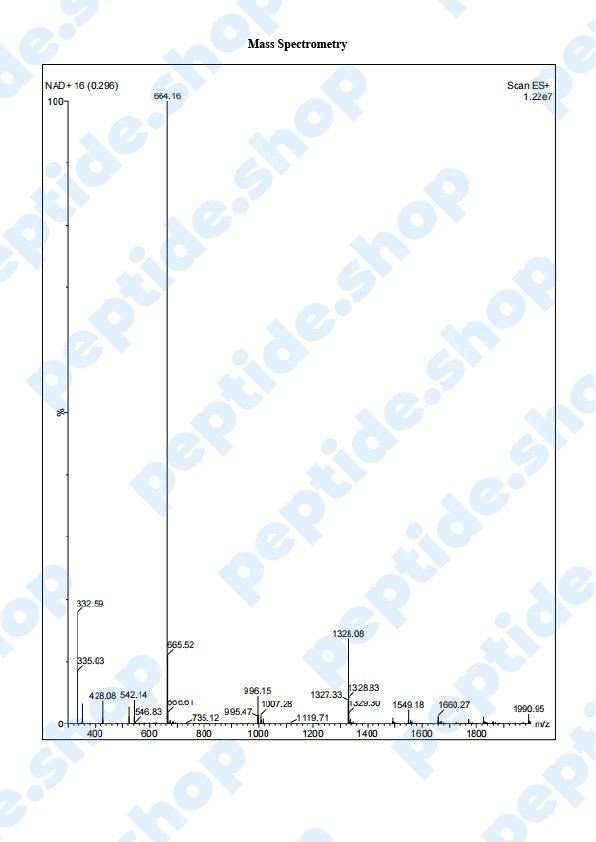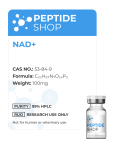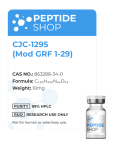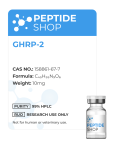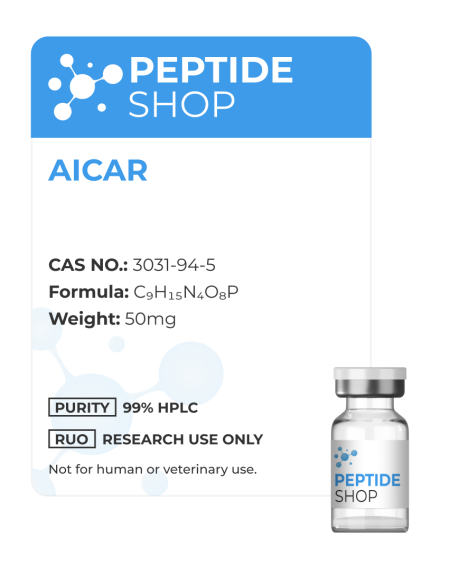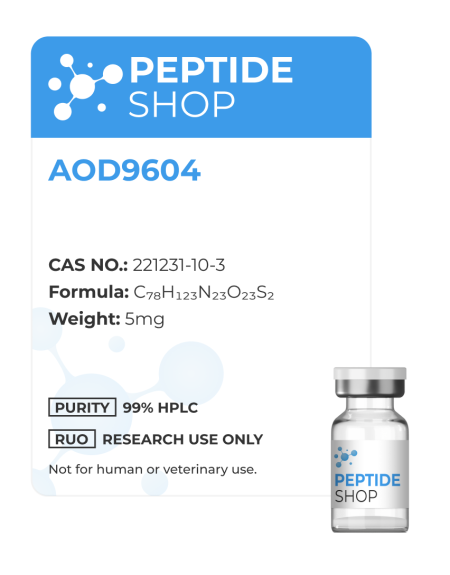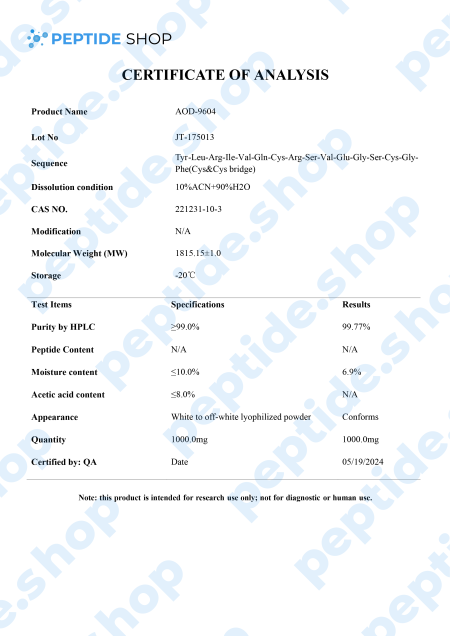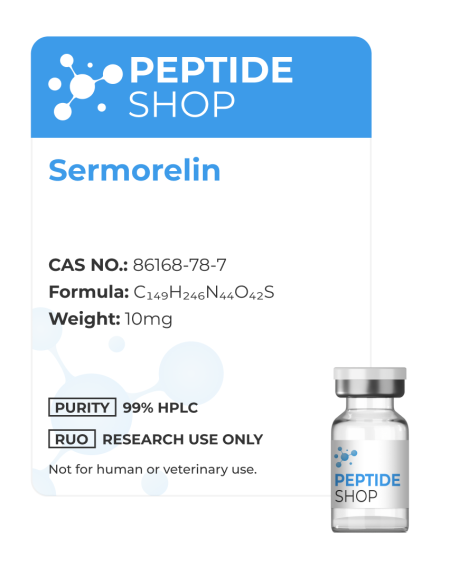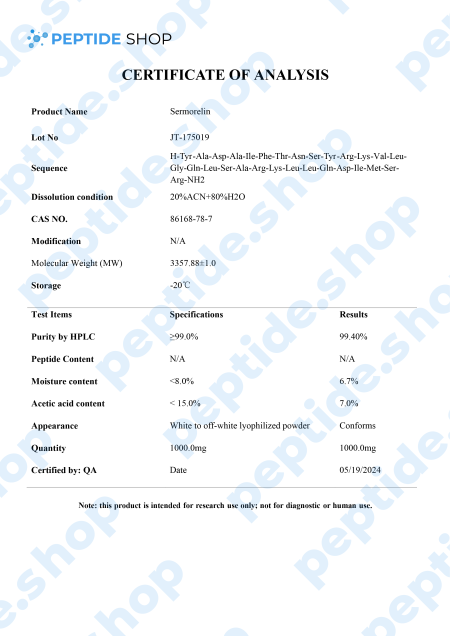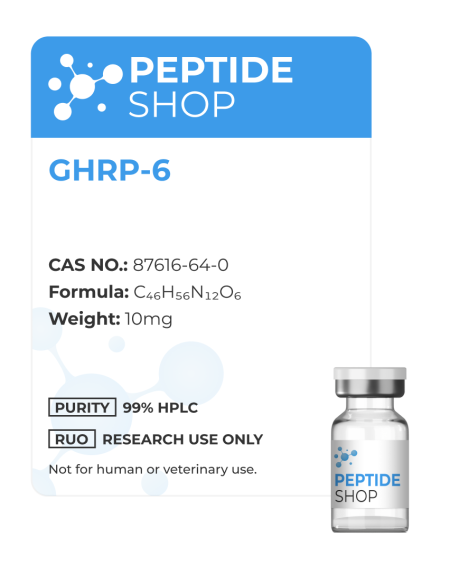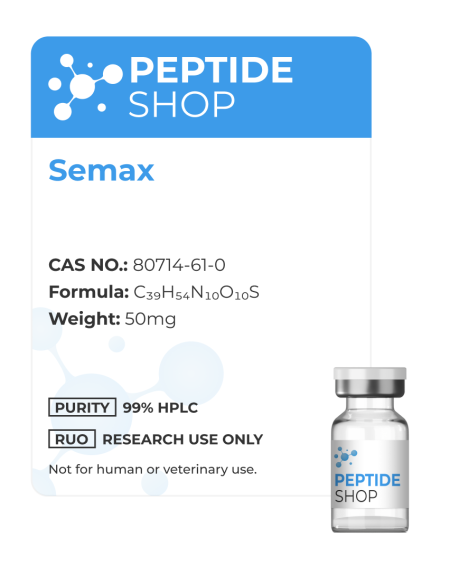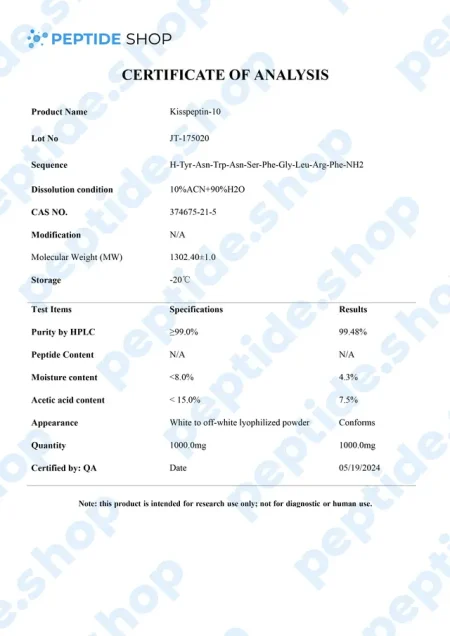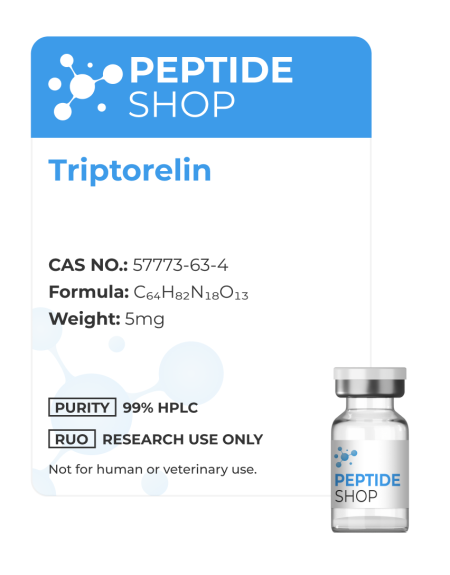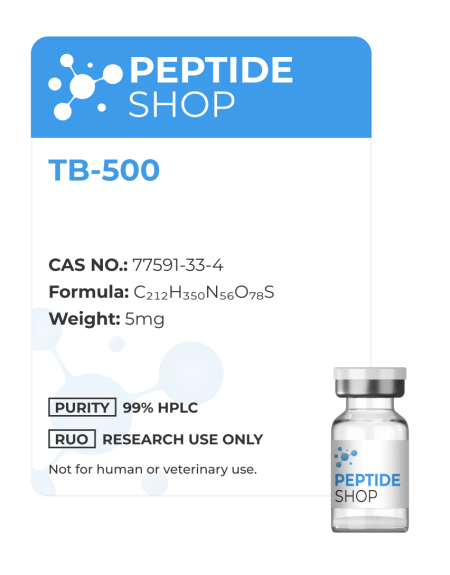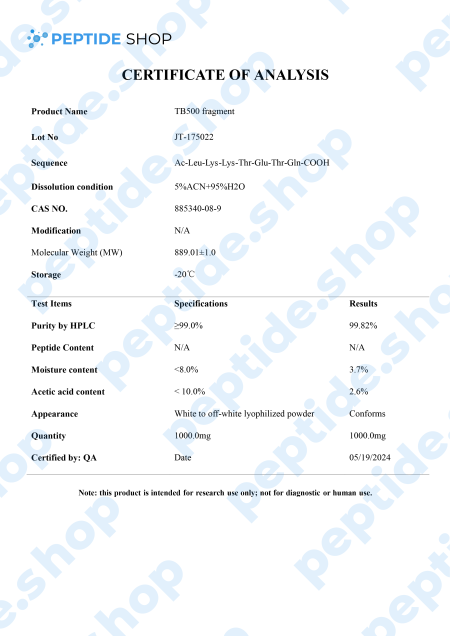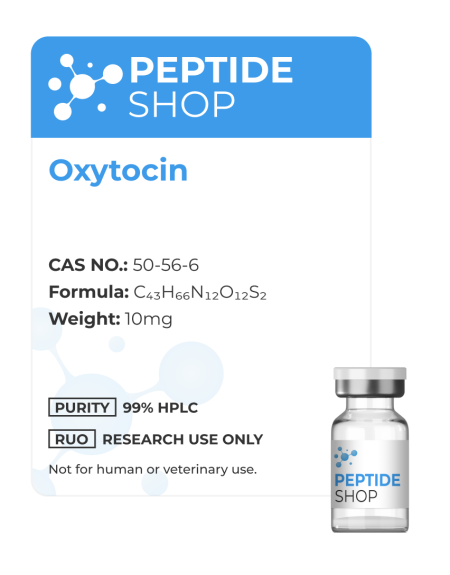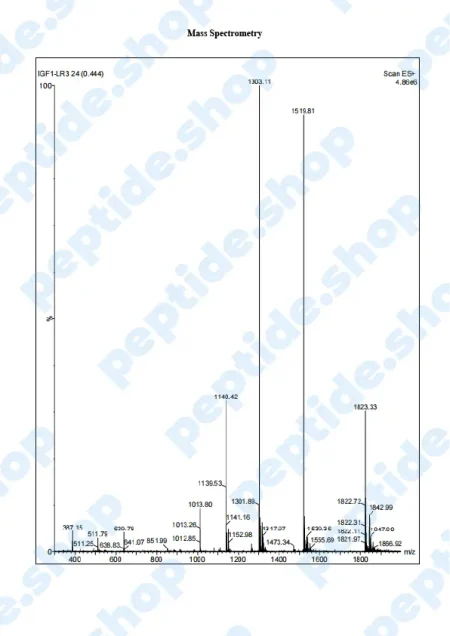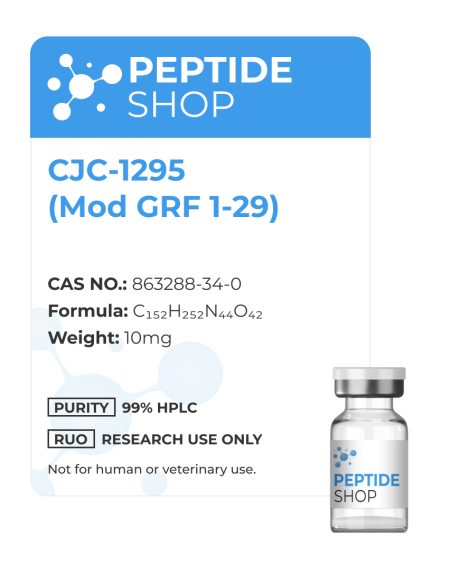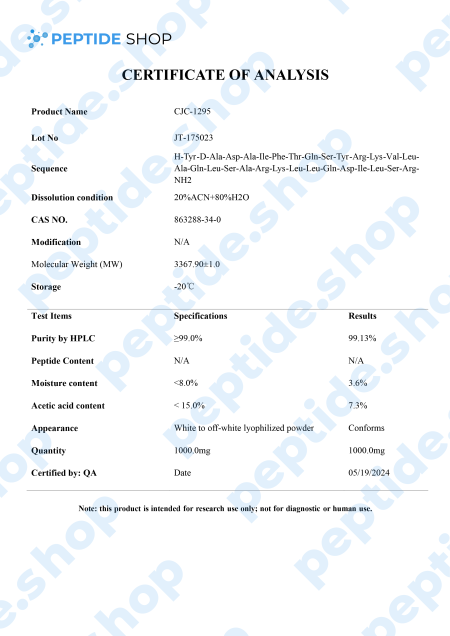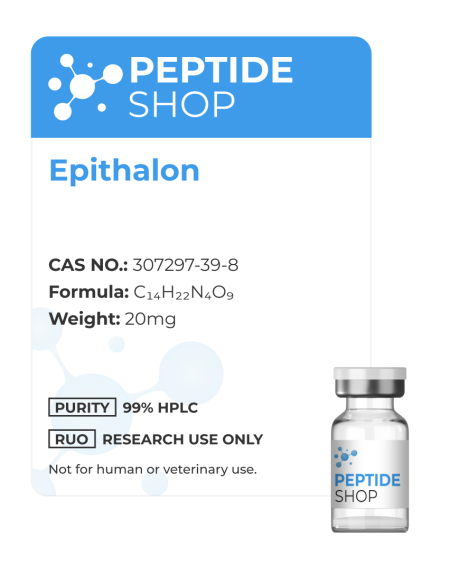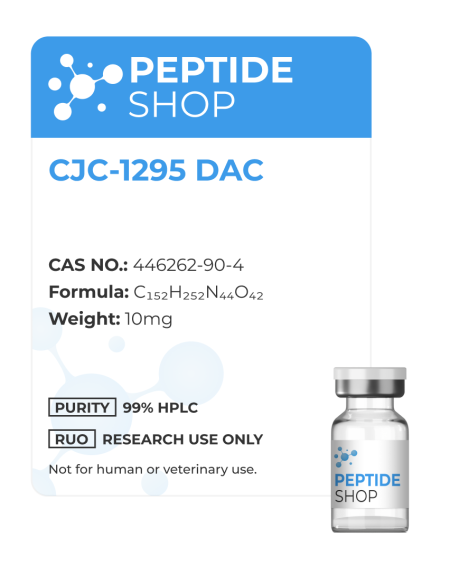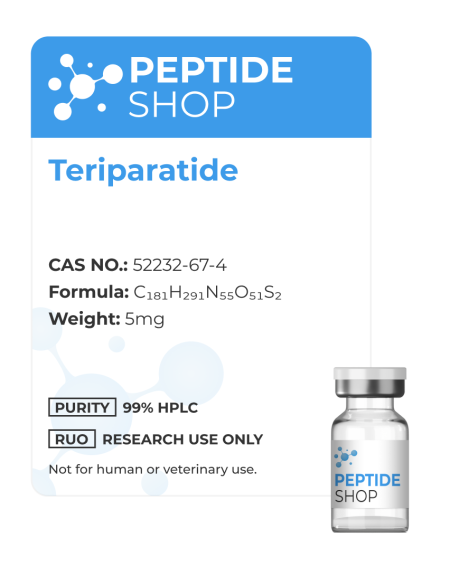Size: 100mg
Contents: NAD+
Form: Lyophilized powder
Purity: >99%
NAD+
$55.00
- Anti aging
- Metabolic disorders
- Neurodegenerative disorders
- And even cancer research
PeptideShop.com sells NAD+ peptide in vials of 100mg and is meant for laboratory use only. Researchers commonly use it to test its effectiveness on:
- DNA damage repair and gene expression
- Stress response regulation
- Slowing down the progression of degenerative disorders
- Metabolism pathway testing
But, as previously mentioned, we are still waiting on large scale human tests.
NAD+ Role In Cellular Maintenance
Cellular NAD exists in two forms:
- NAD+
- NADH
When there’s a shift in NAD+ and its level drops in favor of NADH, this is a hallmark of aging; though the exact mechanisms that lead to this drop still remain unknown.
Naturally, numerous clinical studies showed that increasing NAD+ levels leads to the reduction of age-related immune and metabolic changes. Meaning there is potential of using NAD+ in treating age related disorders.
NAD+ And Neurodegenerative Disorders
When speaking about aging, one of the most contributing factors is mitochondrial dysfunction in neurons. Aging also speeds up the progression of neurodegenerative disorders, triggering DNA damage and mitochondrial impairment.
Luckily, studies have shown that NAD+ treatment (and even supplementation) helped restore mitochondrial function, enhance neural function and even improve cognitive abilities.
NAD+ And Metabolic Disorders
We’ve seen a dramatic increase in metabolic disorders lately, making it one of the major global health problems. Of course, we use the term metabolic disorders to cluster a whole host of problems such as obesity, diabetes, hypertension, as well as some cardiovascular pathologies.
NAD+ levels directly influence nutrient status in cells, so regulating them stands as a clear guideline to future research in hope of making NAD+ an FDA-approved way of treating metabolic and age related disorders.
https://www.ncbi.nlm.nih.gov/pmc/articles/PMC7973386/
| Quantity: | 100mg |
|---|---|
| Unit: | 1 vial |
| Contents: | NAD+ |
| Form/Appearance: | Lyophilized/Powder |
| Peptide Purity: | 99% |
| Sequence: | N/A |
| Molecular Mass: | 663.43 g/mol |
| Solubility: | Sterile / Bacteriostatic water |
| Synonyms: | Nadidum, Nadide, beta-NAD+ |
FAQs
Related Products
Size: 5mg / 10mg
Contents: AOD 9604
Form: Lyophilized powder
Purity: >99%
Size: 10mg
Contents: Modified GRF 1-29 (CJC-1295 no DAC) (10mg)
Form: Lyophilized powder
Purity: >99%
Epitalon is a synthetic peptide, made up of 4 amino acids – alanine, glycine, glutamic and aspartic acid. It’s based on a natural peptide epithalamion, commonly extracted from the pineal gland. Some earlier studies showed epitalon’s antioxidant potential, so more recent ones started focusing on its anti-aging potential.
Recent studies also showed its potential in regulating DNA changes, treating infectious diseases… even addressing some types of cancer.
Anti Aging Properties
The fact that epitalon is epithalamin’s extract, means it has the ability to eliminate free radicals that cause tissue damage. A particular research study on flies and mice showed that, after epitalon’s administration, fruit flies mortality rate dropped by a whopping 52%, while the mortality rate in rats dropped by 27%, as compared to the control studies. What researchers learned from this study was that regular epitalon administration stimulated the synthesis and secretion of melatonin, which inhibits free radical production and its subsequent damage.
There was another in vitro study on human somatic non-reproductive cells suggesting that epitalon peptide affects telomerase activity. Telomerase is an enzyme present in cells, allowing them to live longer. So, essentially, this study showed the researchers that this therapy leads to the prolonged cell lifespan. Of course, we still need full scale human studies to see the full extent of prolonged cell lifespan.
DNA Effects
Epitalon also interacts with DNA gene expression, allowing it to have an indirect effect on a whole host of potential bodily functions – from immune system, to skin, tendon and connective tissue repair.
This essentially allows epitalon peptide therapy to have a dual potential effect – on the one hand, it strengthens the immune system and protects the body from outside factors, and on the other, it allows the body to repair and regenerate its structures on its own.
Skin Cell Regeneration
We already talked about epitalon’s effect on DNA and genes. This effect extends to the fibroblast producing and maintaining MMP2. Interestingly, this peptide also affects other skin components, such as collagen and elastin.
Of course, we still have yet to see definitive human studies, but animal ones showed promising results. Young and old rats exposed to epitalon showed skin fibroblast proliferation of 29 and up to 45%. Not only that, epitalon also activates enzymes that slow down programmed cell death.
References:
Yue X, Liu SL, Guo JN, Meng TG, Zhang XR, Li HX, Song CY, Wang ZB, Schatten H, Sun QY, Guo XP. Epitalon protects against post-ovulatory aging-related damage of mouse oocytes in vitro. Aging (Albany NY). 2022 Apr 12;14(7):3191-3202. doi: 10.18632/aging.204007. Epub 2022 Apr 12. PMID: 35413689; PMCID: PMC9037278.
Anisimov VN, Mylnikov SV, Khavinson VK. Pineal peptide preparation epithalamin increases the lifespan of fruit flies, mice and rats. Mech Ageing Dev. 1998 Jun 15;103(2):123-32. doi: 10.1016/s0047-6374(98)00034-7. PMID: 9701766.
Khavinson VKh, Bondarev IE, Butyugov AA. Epithalon peptide induces telomerase activity and telomere elongation in human somatic cells. Bull Exp Biol Med. 2003 Jun;135(6):590-2. doi: 10.1023/a:1025493705728. PMID: 12937682.
Size: 10mg
Contents: CJC-1295 with DAC (10mg)
Form: Lyophilized powder
Purity: >99%
Size: 5mg, 10mg
Contents: Teriparatide
Form: Lyophilized powder
Purity: >99%

 Anti Aging
Anti Aging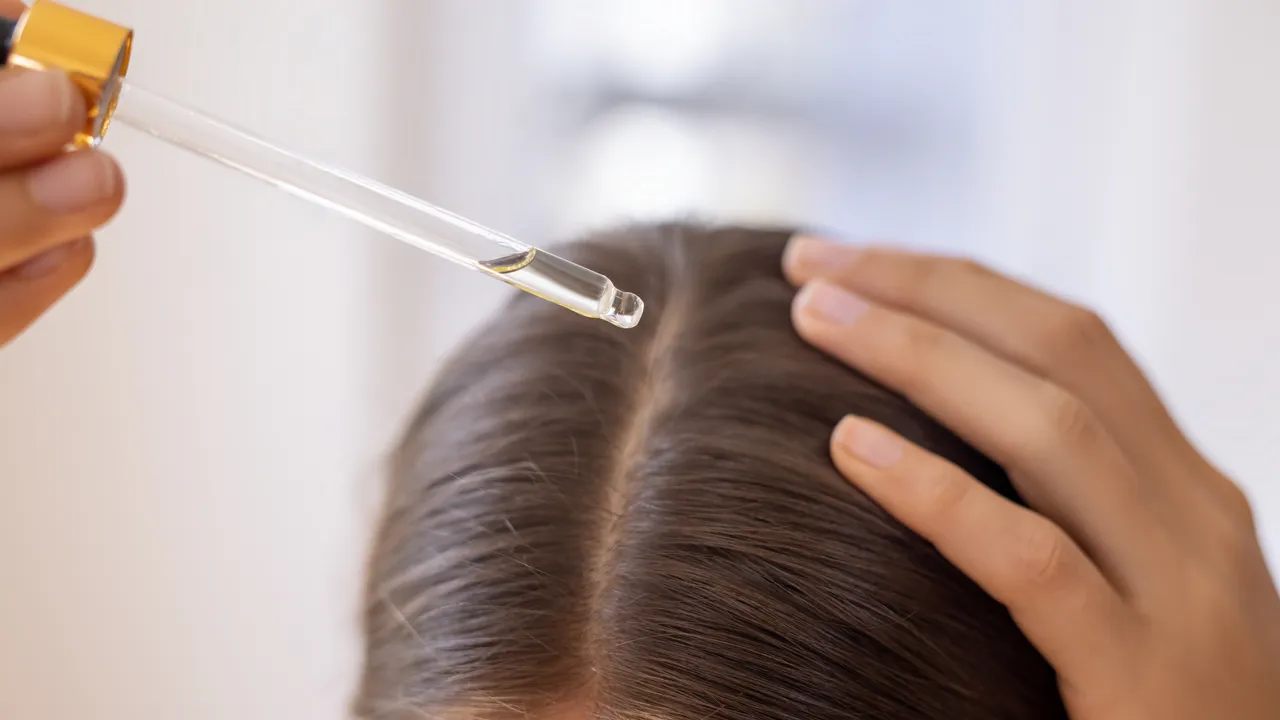 Hair Growth
Hair Growth Muscle Growth
Muscle Growth Peptide Blends
Peptide Blends Peptide Supplies
Peptide Supplies Peptides
Peptides Skin
Skin Testosterone
Testosterone Weight Loss
Weight Loss
